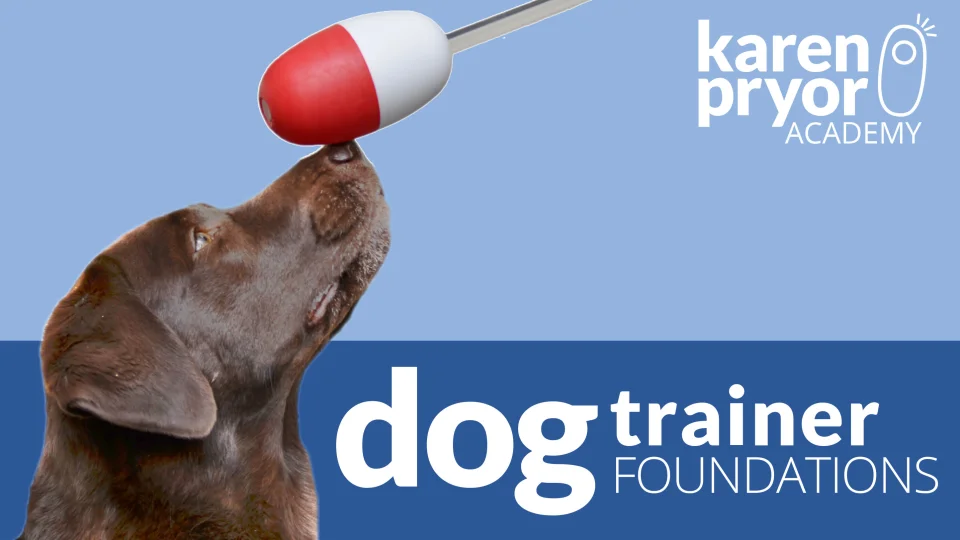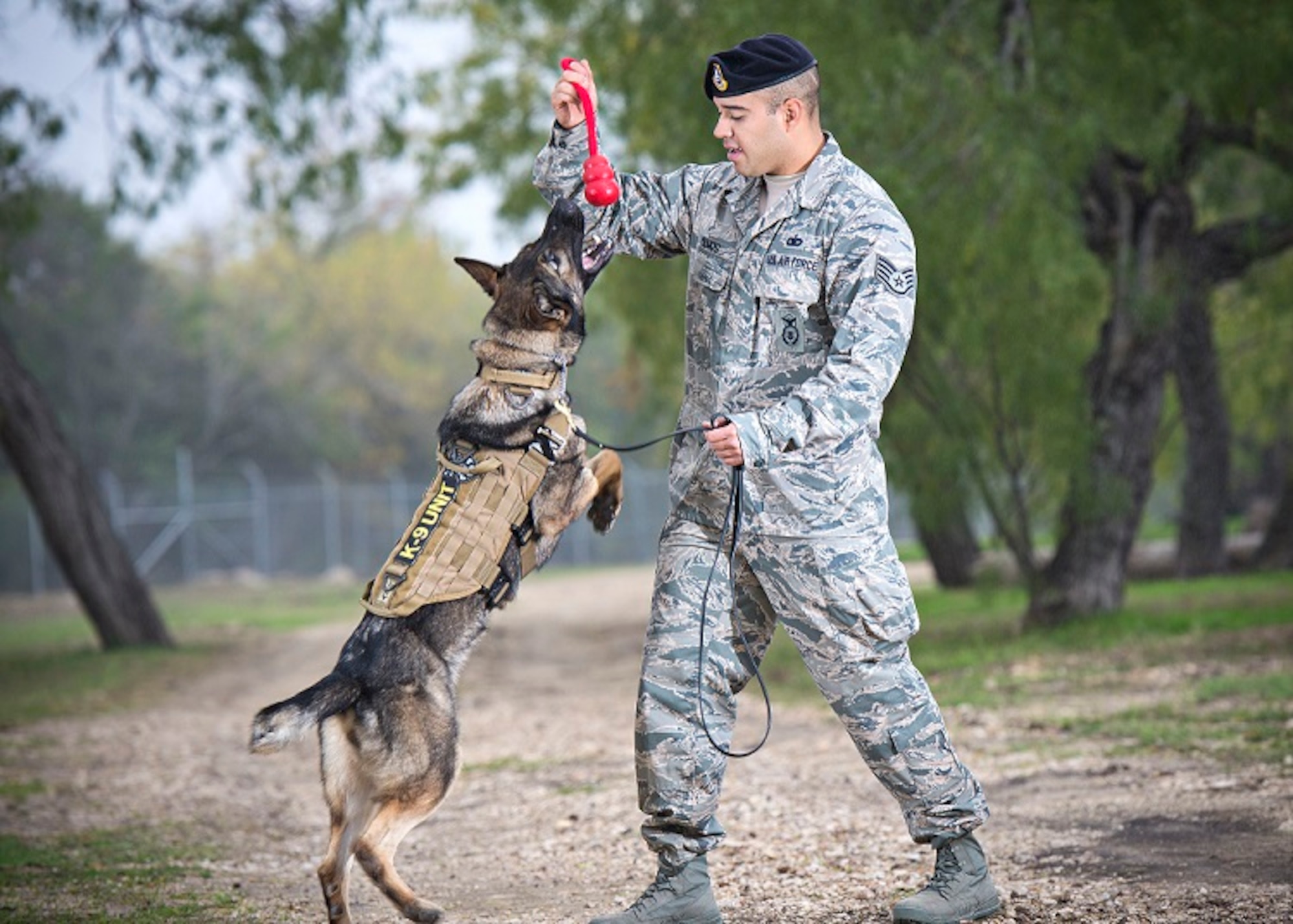Check Out the Various Kinds Of Dog Training Available for Your Furry Pal
Recognizing the numerous kinds of pet training is necessary for boosting your canine buddy's behavior and promoting a stronger bond. From fundamental obedience to advanced techniques such as agility and scent job, each training approach uses unique benefits customized to both the pet dog's and owner's needs. Furthermore, specialized programs address details needs, such as those for service or treatment pet dogs. As you take into consideration the finest technique for your fuzzy buddy, it becomes evident that the selection of training can substantially influence your shared experiences and results. What elements should you weigh before committing to a certain training style?
Fundamental Obedience Training
Basic obedience training lays the structure for a well-behaved dog, setting the phase for an unified relationship in between pet dog and proprietor. This necessary training focuses on mentor dogs fundamental commands such as rest, stay, come, down, and heel. These commands not just enhance communication but additionally promote security in numerous settings.
The training procedure commonly begins with positive support techniques, where benefits such as deals with or praise are provided when the pet dog efficiently complies with a command. This approach motivates a positive discovering environment, inevitably fostering trust in between the owner and the dog. Consistency is vital; normal practice makes sure that the pet maintains commands with time.
Furthermore, standard obedience training aids to address common behavioral problems, such as leaping, barking, or pulling on the leash. By establishing clear limits and expectations, owners can reduce unwanted behaviors and boost their dog's socializing skills.

Advanced Training Methods
Advanced training strategies build upon the fundamental skills established in standard obedience training, providing a path to boost a canine's abilities and responsiveness. These techniques frequently include specialized abilities and commands, allowing canines to do jobs that call for higher levels of concentration and knowledge.
One preferred approach is dexterity training, where dogs browse barrier courses, enhancing their physical sychronisation and mental sharpness. This not only supplies exercise but also enhances the bond in between pet and handler through synergy and communication.
Another sophisticated strategy is scent job, which use a pet's natural olfactory abilities. This training motivates dogs to determine and find specific fragrances, enhancing their focus and analytical skills. Such activities can be particularly useful for types inclined to tracking.
Service pet training is one more essential location, where pet dogs find out to aid individuals with impairments. This training calls for a high degree of obedience and specialized abilities tailored to the specific demands of their handlers.
Therapy Approaches
Efficient pet dog training prolongs past showing skills and commands; it likewise encompasses therapy techniques that address unfavorable behaviors. These techniques are essential for dealing with concerns such as aggressiveness, excessive barking, and separation anxiety, ensuring a harmonious partnership between dogs and their proprietors.
One extensively acknowledged approach declares reinforcement, which includes fulfilling preferred behaviors to motivate their reappearance. This method works in reinforcing great routines while minimizing fear or stress and anxiety in the pet dog. On the other hand, aversive techniques, such as penalty or negative reinforcement, are usually dissuaded by professionals because of their prospective to develop worry and anxiousness, leading to additional behavioral problems.
One more vital method is desensitization, which gradually reveals canines to the stimuli that prompt undesirable habits in a regulated fashion. This procedure helps pet dogs find out to continue to be tranquil and made up in situations that would typically set off anxiousness or aggression.
Counter-conditioning is commonly used in combination with desensitization, where the dog learns to connect favorable use this link experiences with formerly adverse stimulations. Both strategies call for perseverance and uniformity, making them reliable devices for accomplishing resilient behavior change. By using these therapy approaches, pet dog proprietors can promote a pleased and well-adjusted canine buddy.
Specialized Training Programs
In the realm of dog training, specialized training programs Obedience Training deal with details demands and objectives, using tailored techniques that improve a pet's capacities and address distinct difficulties. These programs are developed for various objectives, consisting of service dog training, treatment pet preparation, and even affordable sporting activities training.
Solution dog training concentrates on outfitting canines with the abilities needed to help people with impairments, such as guiding aesthetically impaired owners or notifying to clinical emergencies. This training is strenuous and often calls for a combination of obedience, socializing, and particular task-oriented skills.
Treatment pet dog programs intend to prepare pets for psychological assistance functions in health centers, institutions, and retirement home. These pet dogs need to exhibit calmness, sociability, and a mild temperament, guaranteeing they can provide convenience to those in distress.
In addition, competitive sports training, such as dexterity or obedience tests, stresses fitness, precision, and synergy between the pet dog and handler. These programs require a high level of commitment and technique, promoting a strong bond while sharpening the dog's athletic capacities.
Fun and Interactive Training Tasks
Just how can dog training be both delightful and productive? The answer lies in including enjoyable and interactive training activities that stimulate your pet's mind while strengthening important skills. Engaging your pet dog through play not only enhances the bond in between you and your hairy buddy however additionally boosts their discovering experience.
One efficient way to achieve this is through agility training, where canines browse obstacle programs that test their physical and psychological abilities. This task motivates analytic and improves coordination, making it an exceptional selection for active types. One more choice is utilizing problem playthings that give treats, which can keep your dog emotionally motivated and involved to find out.
In my latest blog post addition, including video games like bring or hide-and-seek can make training sessions more vibrant. These tasks motivate the pet dog to react to commands in an enjoyable context, promoting obedience while permitting social communication.

Verdict
In final thought, different types of pet dog training are crucial for enhancing canine habits and promoting a strong human-animal bond. Exploring these diverse training choices furnishes pet dog owners with the tools required to cultivate well-rounded, happy, and loyal buddies.
Comprehending the different kinds of pet training is essential for enhancing your canine companion's actions and cultivating a more powerful bond. From standard obedience to innovative methods such as agility and aroma job, each training technique supplies one-of-a-kind benefits tailored to both the pet dog's and owner's needs.Standard obedience training lays the foundation for a well-behaved pet dog, establishing the stage for a harmonious partnership between pet dog and owner.The training process normally begins with positive support techniques, where incentives such as deals with or appreciation are provided when the pet effectively follows a command.In conclusion, various kinds of canine training are essential for enhancing canine actions and promoting a solid human-animal bond.